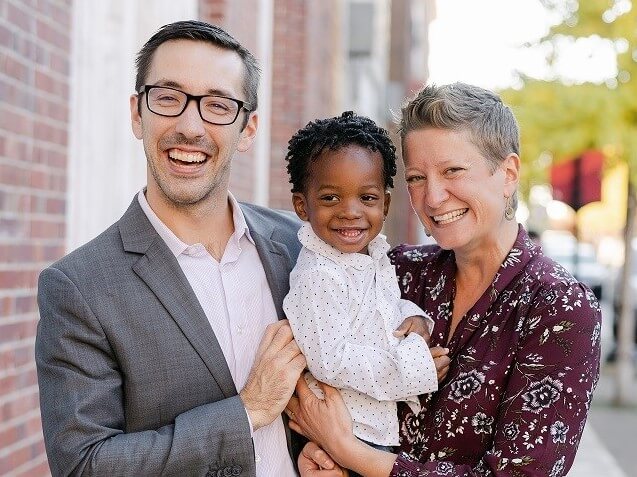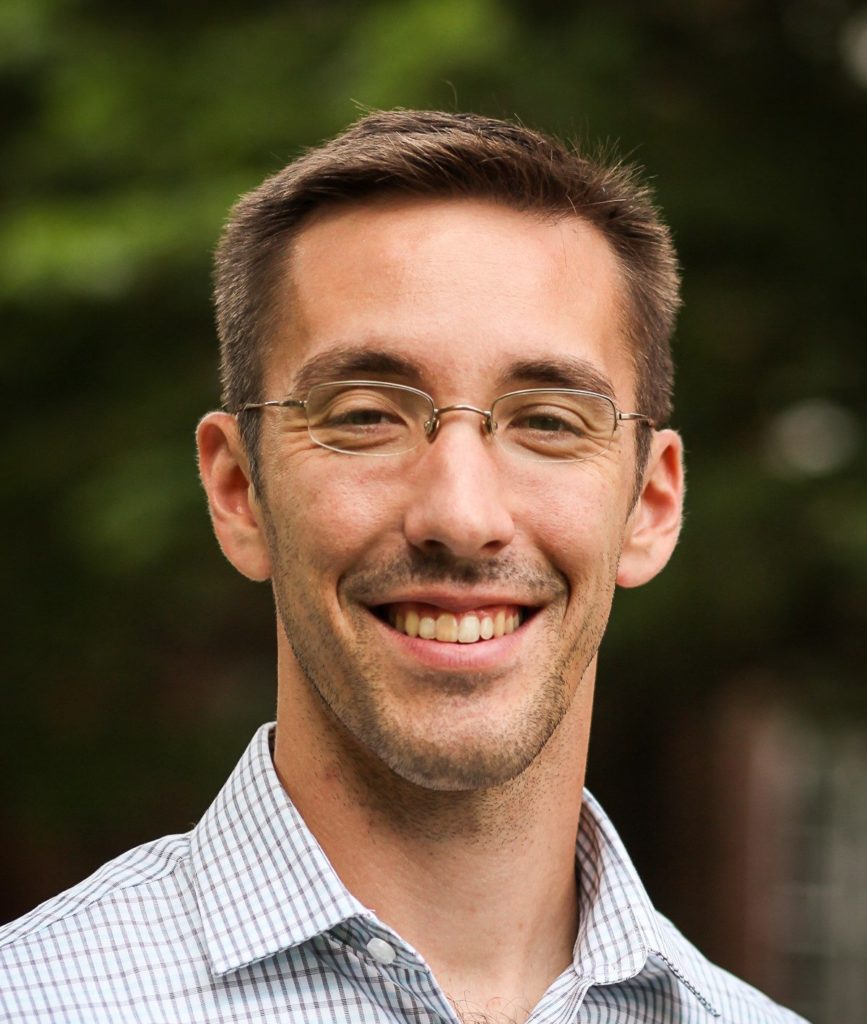I am a professor of economics and public policy at Franklin & Marshall (F&M) College in Lancaster, PA. My teaching and research are in the field of agricultural and environmental economics, focused on issues of water quality, local food and agriculture, and farm policies intended to promote soil conservation practices. Along with my wife I own and operate a 99-acre farm in Lancaster called Verdant View Farm.
The John Paul II Institute was pivotal in shaping my career path and life prospects. Upon my graduation with a master’s degree in 2009, my wife and I spent a year at Verdant View to see if farming could be a viable possibility for our future. At the same time, I also applied for graduate programs in agricultural economics, since we quickly recognized that running a small family farm would require at least one of us to bring a steady outside income.
Why was a connection to agriculture even a consideration? Simply put, at the John Paul II Institute we deeply engaged with authors (Wendell Berry, G.K. Chesterton, Joseph Ratzinger’s writings on creation, and others) who led me to see the attractiveness of agricultural work, skilled manual labor, an integrated family life, and nearness to the order of creation. My wife grew up on a farm, but until we took seriously the words of these authors, we also didn’t take seriously the prospect of returning to the family farm. We imagined we’d live wherever we could find “good” jobs, as the only realistic option.
As I completed my Ph.D. in agricultural economics—which I received from the University of Maryland in 2016—a job opening at F&M was providentially advertised, directly related to my own fields of research and teaching. The fact that my research and personal life were integrated in the local Lancaster community was, I believe, attractive to my future employer. To some degree I trace this job (especially my availability to be there for this opportunity) to my time at the Institute. The habits of mind cultivated there showed a different way of approaching the “career question”, in which place and family were given a priority, well beyond what is typically granted in the highly mobile American mindset. While remaining aware of economic necessity—like having to get a job—the fact of being rooted in a place leads to an organic or gradual development of work opportunities. which arise from the interplay of one’s own skills and interests with the needs of a particular community or place.
Enriching my work as a college professor, my teachers and mentors at the Institute modeled a way to think and learn that integrates the life of the mind with spiritual discipline, groundedness, and common sense. They showed me that thinking well about a subject could (and should) be a form of prayer, a patient attempt to unite one’s mind with the true order of things. Academic research easily becomes a lonely or isolating pursuit. It is safe to say that without the deep theological and personal formation during my two years at the Institute, it is unlikely that I would have had the intellectual maturity and steadiness to pursue and persevere in doctoral studies.
As my family has faced challenges over the years—from a tragic barn fire in 2018, to deaths of family members, to longing for a child, to normal financial struggles—the approach to work and life embodied at the Institute and in the Church kept our family steady and balanced and faithful. We knew our family life encompassed and was encompassed by a larger project and way of life. I owe a lot to my time and formation at the John Paul II Institute, which is a gift that I hope can be handed on to many others.

